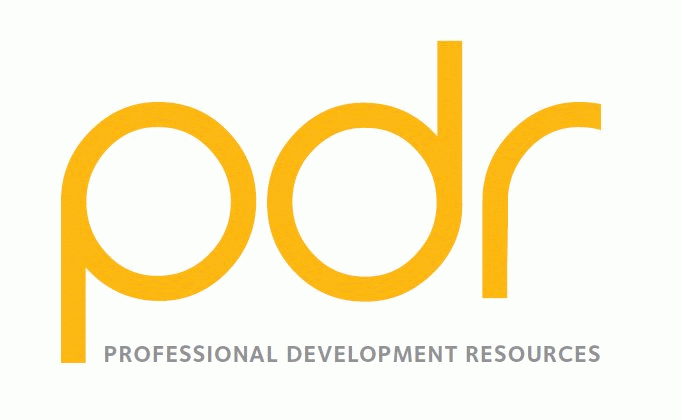From PDResources.org
Georgia-licensed speech language pathologists have a license renewal every two years with a March 31st deadline, odd years.
Twenty (20) hours of continuing education are required to renew a license (40 if dual licensed). There are no limits for online continuing education courses, and there must be a post-test. Pre-approval is not required, and courses must meet board requirements and have a certificate.
===>Online Continuing Education Courses for SLPs
Georgia Board of SLP/A
CE Required: 20 hours every 2 years (40 if dual licensed)
Online CE Allowed: No limit (must have post-test)
License Expiration: 3/31, odd years
National Accreditation Accepted: Pre-approval not required
Notes: Must meet board requirements and have certificate
Date of Info: 12/14/2016
Georgia SLPs can earn all 20 hours required for renewal through online courses offered on the speech-language pathology page @PDResources.org.
Speech Language Pathologists Online Continuing Education Courses
Professional Development Resources is a nonprofit educational corporation 501(c)(3) organized in 1992. Our purpose is to provide high quality online continuing education (CE) courses on topics relevant to members of the healthcare professions we serve. We strive to keep our carbon footprint small by being completely paperless, allowing telecommuting, recycling, using energy-efficient lights and powering off electronics when not in use. We provide online CE courses to allow our colleagues to earn credits from the comfort of their own home or office so we can all be as green as possible (no paper, no shipping or handling, no travel expenses, etc.). Sustainability isn’t part of our work – it’s a guiding influence for all of our work.






